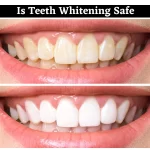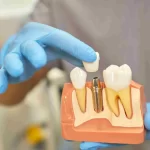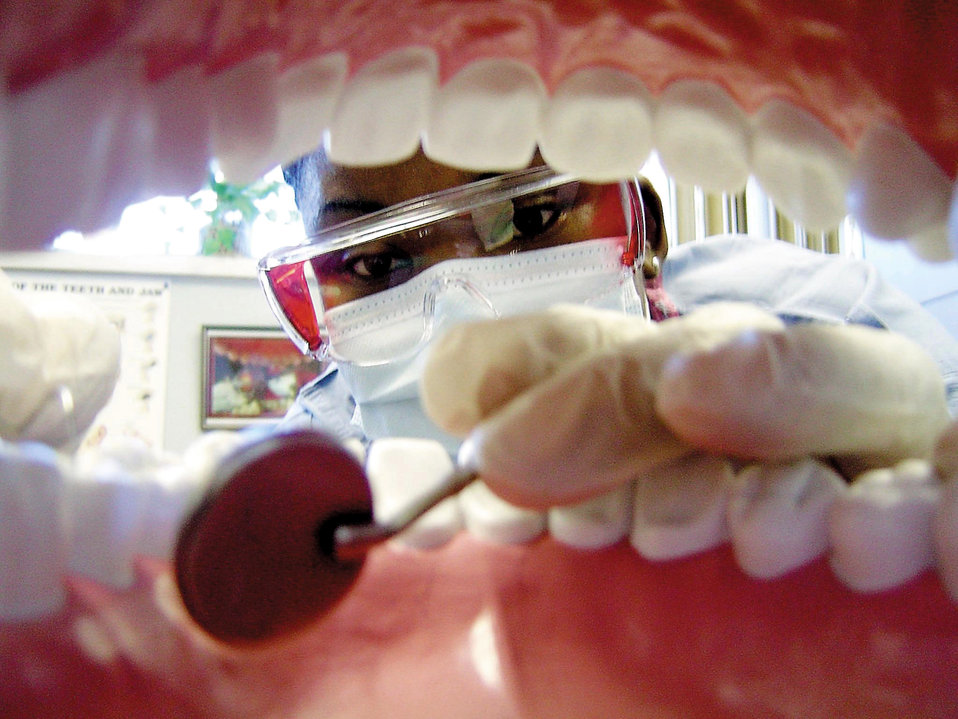Everyone knows that brushing, flossing and regular trips to the hygienist are good for your smile. Did you know that they are also good for your health? Studies should that good oral hygiene promotes good health, and poor oral hygiene contributes to poor health.
We brush, floss and rinse to remove tiny leftover food particles. If leftover food particles are not removed, the bacteria in our mouths begin to feed on them. When the bacteria consume the food particles, a sticky white film known as plaque is produced. Plaque irritates gum tissue, and gums respond by becoming inflamed.
Good oral hygiene removes the plaque. In an absence of proper oral hygiene, gums respond to the presence of plaque by bleeding. Bleeding gums are always a reason to see your dental professional; they are a sign that inflammation has set in, and they allow plaque and bacteria to enter your bloodstream and travel to other important parts of your body.
The inflammatory reaction of your gums produces chemicals which destroy bone. Because enamel is the hardest substance in the human body, your teeth may appear to be fine, while the bone holding them in place is being eaten away by infection. If left untreated, you will begin to experience tooth loss, changes in facial appearance, headaches, an inability to eat certain foods, digestive problems, and, eventually, total edentulism (losing all of your teeth)
Although modern dentistry has the capability to restore missing teeth, dental restorations are expensive, not always successful, and have their own set of inherent difficulties. Maintaining your natural teeth for as long as possible is the primary goal of every dental professional, and good oral hygiene is a simple, easy and effective way to achieve that goal.
Prevent serious chronic health problems:
If your gums bleed, they are able to transmit bacteria, plaque, and inflammation to your heart, lungs, bones, and brain. When the inflammation affects your blood vessels, the result is high blood pressure (hypertension) caused by narrowed arteries. Narrowed veins also cause problems like swelling and poor circulation in your arms and legs. Poor circulation in your brain results in dementia and impaired thinking. Plaque can enter your bloodstream and attach to the plaque already existing in your arteries, resulting in a heart attack or stroke.
Bleeding gums are also able to transmit blood-borne viruses such as HIV, Hepatitis C, and Avian flu. Any disease than can be transmitted by an exchange of body fluids can be transmitted in the saliva of someone with bleeding gums.
Bacteria can travel throughout your body and thrive on total joint replacements such as an artificial hip or knee. This results in osteomyelitis (bone infection), osteoporosis (brittle bones), or sepsis (blood infection). Bacteria from gum disease can be inhaled through your mouth and cause a respiratory infection such as bronchitis and pneumonia.
Inflammation in your mouth impairs your body’s ability to metabolize sugar (glucose). This ability is critical in the management of diabetes. An inability to efficiently metabolize blood sugar is also a large factor in obesity and makes it difficult for your body to shed unwanted pounds. Maintaining good oral hygiene allows many diabetics to control their blood sugar with fewer medications or by diet alone, and can assist you in maintaining a healthy weight.
Maintaining good oral hygiene is an effective way to maintain good overall health. For more Information Contact Us Now!


















